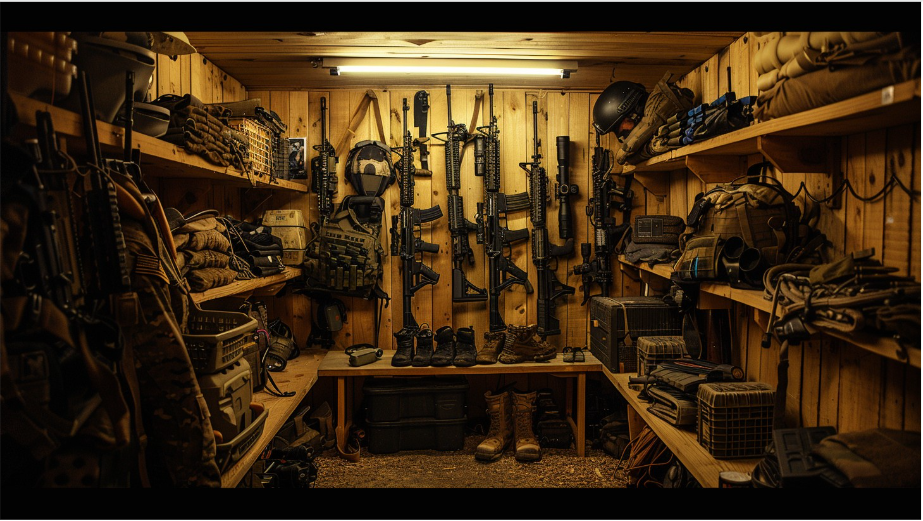Europe’s defence industry is grappling with a significant shortage of skilled workers, a challenge that industry leaders say is hindering the region’s ability to meet its evolving security needs. As geopolitical tensions rise and technology continues to reshape the sector, the demand for highly specialized talent has never been greater, but the supply remains limited.
The Talent Crisis
The struggle to find the right skills in Europe’s defence sector has intensified in recent years. Leonardo, a major aerospace, defence, and security company based in Italy, has noted that the search for new hires is more challenging now than during previous conflicts, including Iraq and Afghanistan. This shortage is not unique to Leonardo, with the wider defence industry facing similar difficulties, particularly in countries like Italy and the UK.
Industry representatives, such as those from the Aerospace, Security, and Defence Industries Association of Europe (ASD), have highlighted that the combination of high demand for skilled workers and a tight labour market makes it difficult to rapidly hire the specialized personnel required for modern defence projects. The situation is further complicated by the fast pace of technological innovation in areas such as artificial intelligence (AI), big data, quantum technologies, and advanced analytics, which are increasingly integral to the defence sector.
A Competitive Market
The integration of cutting-edge technologies has not only increased the need for new skill sets but has also put defence companies in direct competition with tech giants for the same pool of talent. As the demand for AI experts, cybersecurity professionals, and data scientists soars, defence firms are finding it harder to attract top talent, especially given the higher pay and perks offered by major technology companies.
According to Indra, a Spanish IT and defence systems company, some competencies in areas like machine learning and AI are currently scarce in the market. The company also pointed out that recruitment challenges are further compounded by geopolitical factors, as it’s difficult for large firms to recruit from countries that are outside key political and strategic alliances.
The EU’s Response
Recognizing the urgency of this issue, the European Defence Agency (EDA) is working closely with industry leaders, governments, and academic institutions to bridge the skills gap. The EDA’s research indicates that digital skills, particularly in AI and machine learning, will be in high demand in the coming years. The agency also forecasts a need for autonomy engineers, cybersecurity experts, software designers, and data engineers.
In addition to digital skills, traditional roles such as project managers, welders, and assembly specialists will be crucial for ensuring the technical and logistical requirements of military projects are met. As highlighted by an ASD spokesperson, companies are already investing in internal talent development through mentorship programs and hands-on experience to mitigate the shortage.
Strategic Initiatives and Long-Term Solutions
The EU has recognized the importance of strengthening its defence capabilities and is taking steps to address these talent shortages. The EU’s first-ever defence industrial strategy aims to ramp up military production, and leaders are calling for more long-term guarantees on defence orders and investment to help attract and retain skilled personnel. However, experts like Daniel Fiott from the Brussels Centre for Security, Diplomacy and Strategy argue that Europe’s defence sector is currently “not ready for war” and must catch up quickly to meet future challenges.
To address these gaps, several initiatives are underway, such as the Assets+ program, which focuses on strategic skills development in emerging defence technologies. However, experts warn that the scale of the issue requires a coordinated and proactive approach, with governments and academia playing a key role in supporting the sector’s growth.
Looking Ahead
With the EU defence industry projected to generate more than 580,000 jobs and a turnover of €158.8 billion by 2023, the importance of securing a well-trained workforce is clear. As the continent faces increasingly complex security challenges, addressing the talent shortage will be crucial for ensuring that Europe’s defence sector remains capable, innovative, and resilient in the face of evolving threats.



